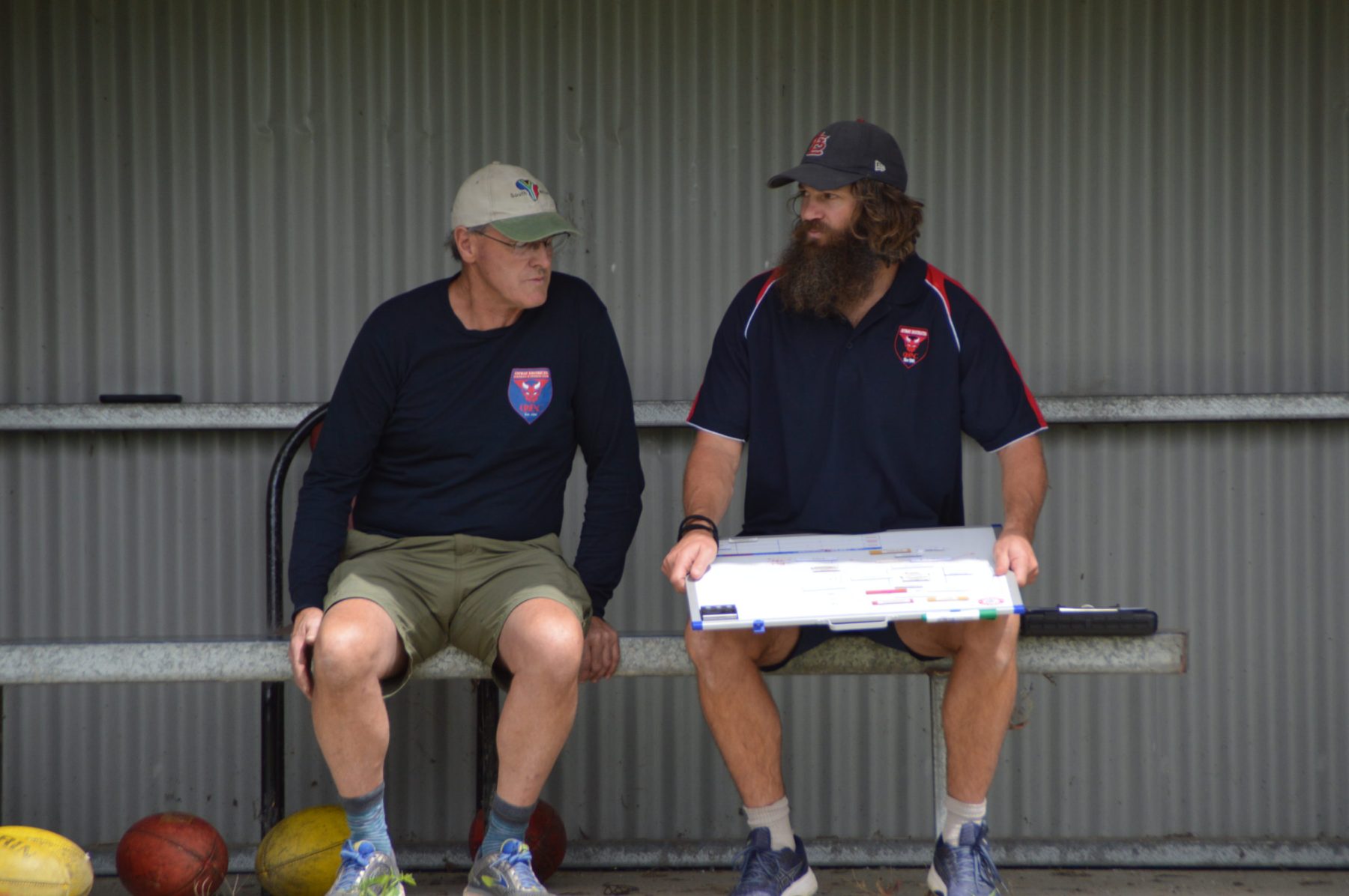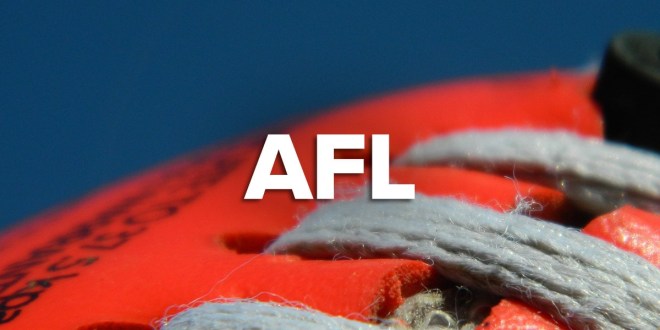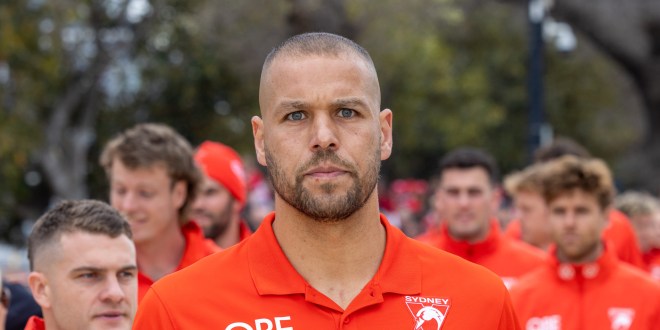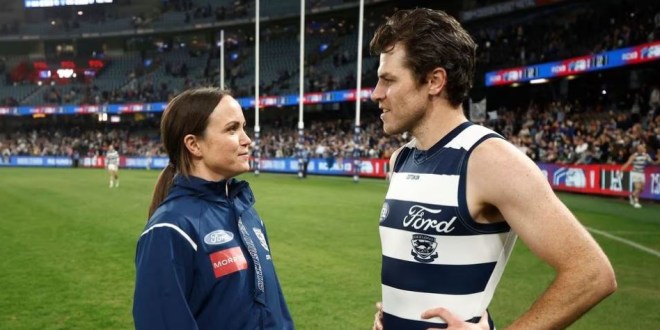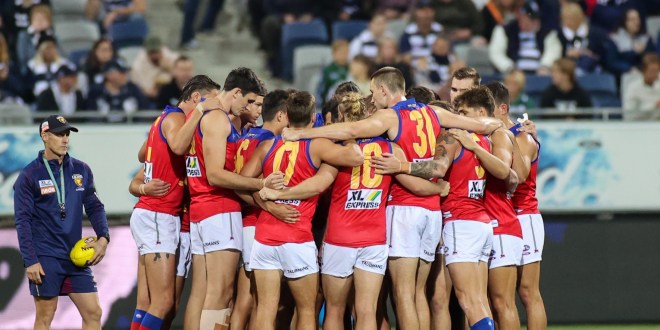INJURED football players are seeking compensation from the AFL in a landmark class action over the “serious damage” caused by concussion.
The action, lodged by Margalit Injury Lawyers in the Supreme Court of Victoria, is on behalf of all professional AFL players who sustained concussion-related injuries through head strikes while playing or training between 1985 and March 14 this year.
The lead plaintiff is Jarad Maxwell Rooke, better known as Max Rooke.
The dual premiership player was employed by the Geelong Football Club between 2001 and October 2010 and played 135 games during that time.
Rooke was concussed between 20 and 30 times during his playing career and training and was knocked unconscious through head strikes on at least two occasions, the writ stated.
“As a result of the breach of duty and negligence of the defendant, the plaintiff has suffered injury, loss, and damage,” it said.
The class action alleges Rooke sustained permanent and life-altering injuries as a result of concussion-related injuries and because of the AFL’s negligence.
More than 60 former players have come forward to join the class action.
They are seeking compensation for pain and suffering, economic loss and medical expenses, Margalit Injury Lawyers said.
The writ notes the case has scope to include the representatives of any dead former players who meet the criteria.
“The injuries suffered by this group of former AFL players, as a direct result of the concussions sustained while playing Aussie rules, has had a devastating impact on their lives and the lives of their loved ones,” managing principal Michel Margalit said.
“Some of the players who have joined this landmark class action have never been able to hold down a job after leaving the AFL.
“Their personal lives have been shattered, and they live with constant physical and mental pain. It’s heart-breaking and they need to be adequately cared for.”
The long-term injuries sustained by players included chronic traumatic encephalopathy, traumatic brain injury and dementia, Ms Margalit said.
Many also experienced psychological impacts, including post-traumatic stress disorder and suicidal ideation.
The firm was speaking with neurology experts in preparation for them to give evidence in court.
The writ pointed to a history of medical knowledge about the impacts of concussion, and alleged it was reasonably foreseeable to the AFL that players were vulnerable to concussion caused by head strikes “at all relevant times”.
“Since at least 1992, it has been known that brain injuries are one of the most catastrophic athletic injuries and that once a player has incurred a concussion there is a heightened risk of a second or further concussion,” the writ stated.
The AFL also owed players a duty to take reasonable care for their safety and avoid exposing them to unnecessary risk, the writ said.
It pointed to the AFL’s alleged failure to make and enforce rules, policies, procedures and protocols in line with medical knowledge to reduce the incidence of concussion as evidence of its “negligence”.
The AFL also failed to adequately conduct risk assessments for head strikes and concussions and to educate players about the risks of long-term injury arising from concussion – particularly as they related to an early return to play, the writ said.
The AFL last year apologised to past players who were “let down” by the league’s concussion research project after an independent review criticised the study.
It was underfunded and under-resourced, and some AFL players still dumbed down their baseline concussion testing in pre-season to reduce the chance of a concussion diagnosis on game day, the review found.
Earlier on Tuesday, the AFL released its updated guidelines for the elite game and strategic plan for sport-related concussion in football.
The AFL has been contacted for comment.
Lifeline 13 11 14
beyondblue 1300 22 4636
(C) AAP 2023

